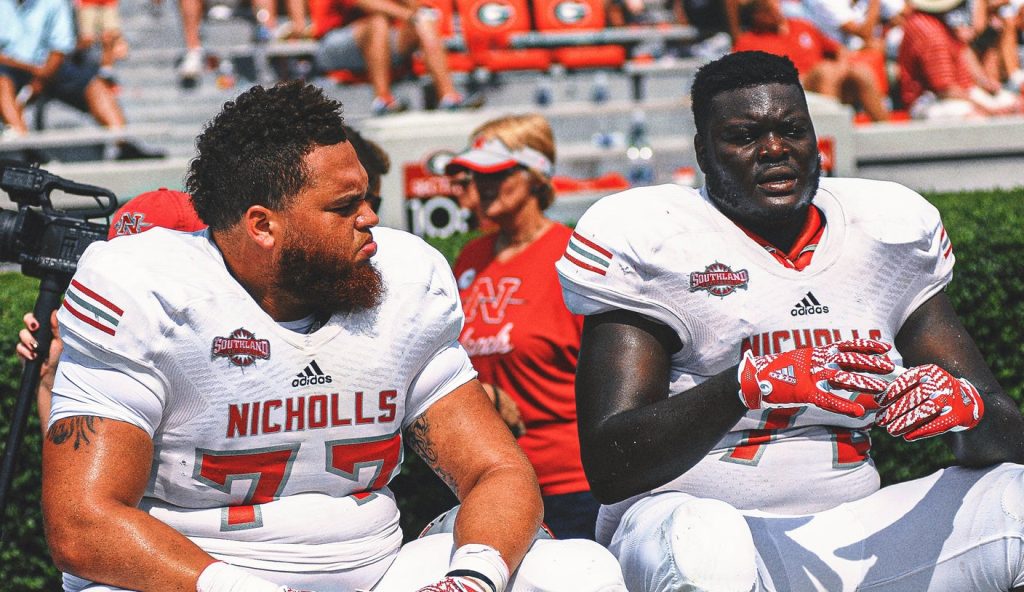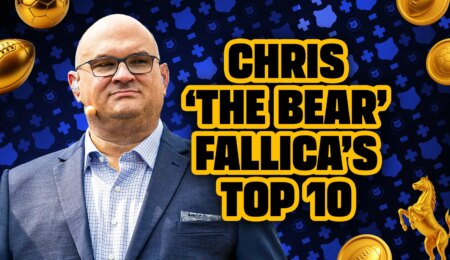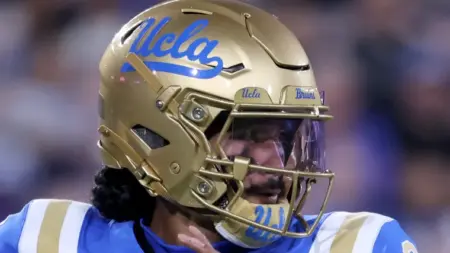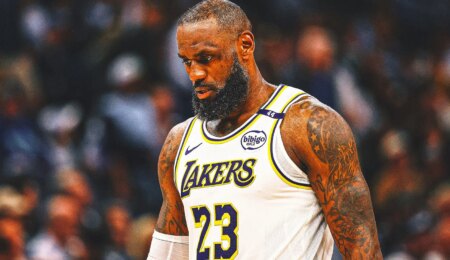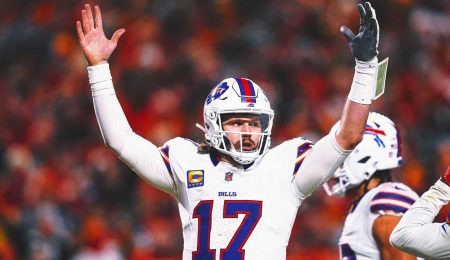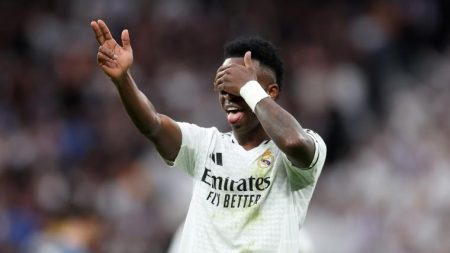East Mississippi Community College Football Players Seek Justice
In an unprecedented move, six former East Mississippi Community College (EMCC) football players who were featured in the popular Netflix documentary series "Last Chance U" have filed a lawsuit against the school, Netflix, the National Junior College Athletic Association (NJCAA), and the program’s director, Greg Whiteley. The players—John Franklin III, Ronald Ollie, C.J. Reavis, Deandre Johnson, Tim Bonner, and Isaiah Wright—are demanding $30 million in damages, alleging that they were not fairly compensated for their contributions to the series. This legal action underscores a growing debate about the rights and compensation of student-athletes in the media.
Personal Contributions and Commercial Exploitation
The players, who played for EMCC during the 2015 and 2016 seasons, are taking a stand to hold the defendants accountable for what they perceive as the wrongful misappropriation of their likeness. Their lawsuit, filed in Los Angeles County Superior Court, argues that the documentary’s production team and EMCC used coercive tactics to pressure them into signing agreements without fully understanding the implications. This includes the threat of losing eligibility to practice and play, which would have jeopardized their dreams of playing professional football. As a result, they claim, they were denied the opportunity to consult with attorneys or thoroughly read their contracts.
The Pressure to Sign
According to the complaint, the most coercive tactic employed by the defendants was the ultimatum that players would not be eligible to practice or play if they refused to sign the contracts. This put the players in a precarious position, as their entire lives had been dedicated to football, and the prospect of being sidelined due to a refusal to sign would have had severe consequences. "Inability to practice meant closing the door on what they committed their whole life towards, eventually playing professional football," said John Pierce, the attorney representing the players. The players felt they had no real negotiation power or meaningful choice, and were thus pushed into signing agreements without a clear understanding of the commercial marketing plans for the documentary.
Merchandising and Financial Claims
The lawsuit also highlights the commercial aspect of the "Last Chance U" series. It alleges that EMCC sold merchandise featuring the players portrayed in the series, yet the plaintiffs did not receive any compensation for these sales. This financial exploitation adds another layer to the players’ grievances, as they not only feel wronged by the use of their likenesses in the documentary but also by the additional profits generated from their images. The players are seeking to ensure that they are fairly compensated for their work and that their rights are respected.
Portrayal and Damage to Reputations
Beyond financial compensation, the players are also contesting the manner in which they were portrayed in the series. The complaint states that Wright, Ollie, and Franklin were depicted in a false light, which has damaged their reputations. This aspect of the lawsuit brings to light the ethical considerations of media portrayals and the potential for harm when such portrayals are not accurate or fair. The players are not just fighting for money; they are fighting to protect their personal integrity and the legacy they left behind at EMCC.
A Broader Call for Reform
The legal action taken by these players is part of a larger movement advocating for the rights and fair treatment of student-athletes. It raises important questions about the balance between the educational and commercial aspects of college sports, and the responsibilities of institutions and media outlets in ensuring that athletes are not exploited. As the debate over athlete compensation continues to evolve, this lawsuit could set a precedent for future cases and push for more equitable practices in the production and marketing of sports documentaries. Fans and stakeholders in college football are watching closely, hoping for a resolution that respects both the contributions of the players and the interests of the institutions and media involved.
Staying Informed on the Issue
For those interested in following this developing story and others related to college football, staying informed is crucial. By creating or logging into a FOX Sports account and following your favorite leagues, teams, and players, you can receive personalized newsletters with the latest updates and insights. The ongoing lawsuit against EMCC, Netflix, NJCAA, and Greg Whiteley is a significant moment in the history of college sports media, and its outcome could have far-reaching implications for the future of player rights and compensation.

